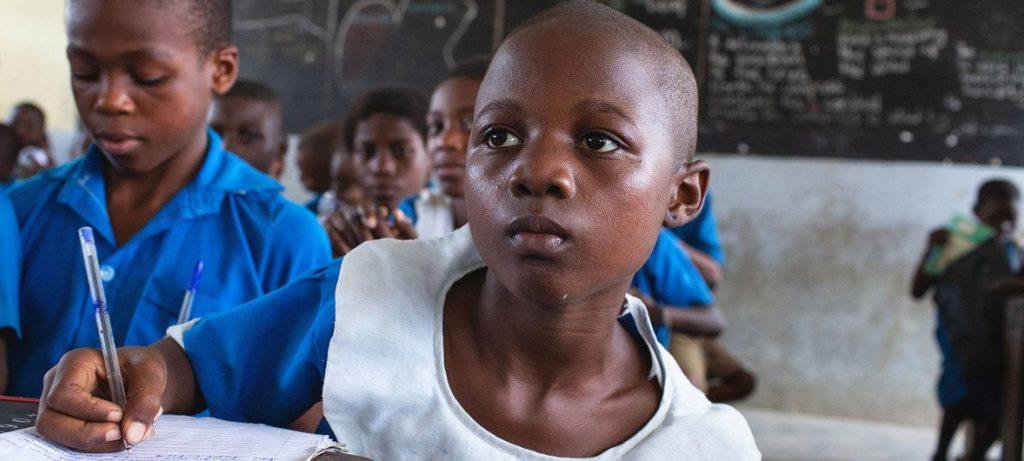Article 12 of Law No. 1968-LF-3 of June 11, 1968, establishing the Cameroonian nationality code is clear: “Cameroonian nationality is also acquired automatically, by the sole fact of birth on the Cameroonian territory, to any person who cannot claim any other nationality of origin.” In other words, choosing to have dual nationality in a State which grants this privilege means rejecting the first which obeys the law of a State which does not yet grant this type of privilege.
The question of dual nationality in Cameroon is a debate which has always aroused emotion in the minds of Cameroonians. Indeed, between those for whom a Cameroonian is someone who refrains from resorting to a foreign nationality whatever the reasons, and those for whom this restrictive law constitutes a brake on the country's development process, there is a third category whose indifference leads us to ask ourselves the question of whether the fact of being Cameroonian or not, after having chosen an additional nationality, takes something away from the fact that we are in reality?
Political strategy or legal standards of a State?
Some believe that the issue of dual nationality is a pretext that politicians use to stay in power, thus preventing potential rivals from running in any election. This point of view presents several ambiguities: First, it seems not to take into account the fact that each State is governed by laws which, beyond any conspiracy, are binding on everyone. And in a second sense, it seems to highlight the hypocrisy of a system for which: a Cameroonian is someone who manages to distinguish himself abroad and who is ready to invest in his native country on condition of not having the intention to present himself as a candidate in an election, unless obviously he (the person) benefits from the favours of one or more individuals. If on the one hand, the country does not recognize dual nationality, on the other hand it does not hesitate to praise the merits of expatriates of Cameroonian origin who have made a name for themselves abroad in the fields of economy, politics, sport etc. this approach means that you are being granted the freedom to resort to dual nationality in a State where the law allows it, but your membership of the Cameroonian Nation is being conditioned by a law which in fact is a strategic means used to thwart the political ambitions of certain serious contenders.
Several personalities both in the political and cultural fields were declared ineligible because they had dual nationality while others commonly called "binationaux" can play in the national team. Isn’t the reason for dual nationality really a pretext that we only use when we feel that our interests are in danger? Aren’t there senior officials who have foreign passports? Would it not be better to revise this law which implicitly denies certain Cameroonians, or which is considered by others as a means of dissuasion or exclusion which does not allow all those who are of Cameroonian origin to enjoy the same rights as others?
